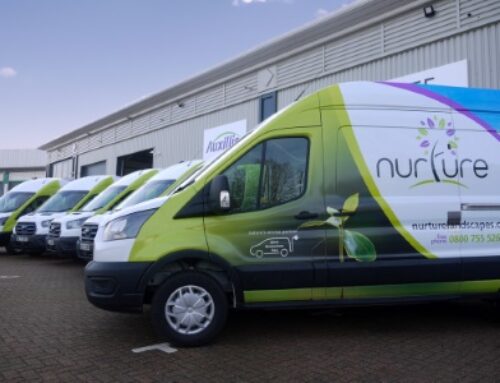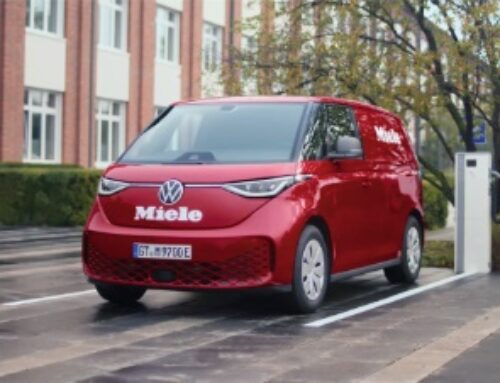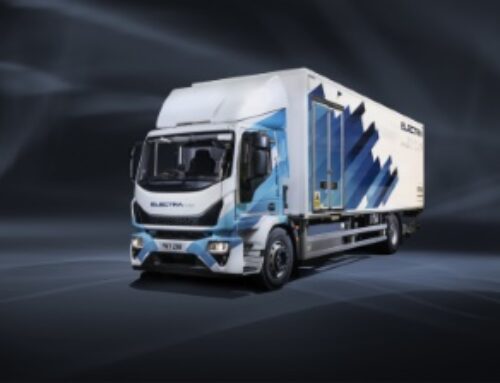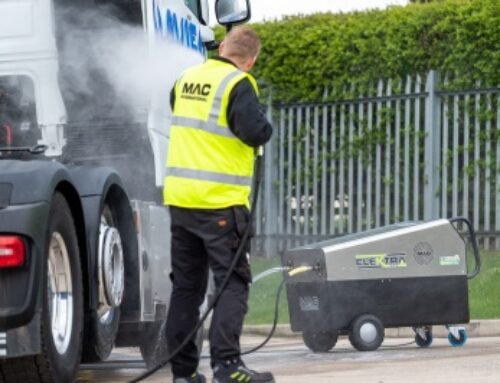Lubricants industry prepares for EU Green Deal
 Andrew Goddard, chairman of the Verification of Lubricant Specifications (VLS), discusses the implications of new EU environmental regulations
Andrew Goddard, chairman of the Verification of Lubricant Specifications (VLS), discusses the implications of new EU environmental regulations
For some years the HGV market has come under increasing pressure to reduce emissions.
Stricter controls and higher standards for vehicles have been introduced in the passenger car market and these are also taking effect for HGVs. Low and ultra-Low emission zones along with other government and local government initiatives are forcing operators to rethink their approach and look for lower emission options where possible.
In December 2019, President of the European Commission von der Leyen unveiled plans for even stricter environmental controls, accelerating the European Union’s movement towards becoming a climate-neutral continent by 2050 through the EU ’Green Deal’.
At the moment, the main impact upon the lubricants sector is likely to be through the review of the Energy Tax Directive. Lubricants are currently included in this, but at a zero rate as they are typically not expended in application, unlike fuel which is converted into energy and emissions.
Lubricants could also be impacted by the introduction of a Carbon Border Tax which could see energy-intensive industries like petrochemicals subject to the tax on products such as finished lubricants, base oil or additives which are imported into, or exported from the EU.
The taxation of energy products is seen as one of the ways of achieving emissions targets. The European Council recognises that any increases in taxation are likely to impact the price of energy products, including lubricants.
The European Automobile Manufacturers’ Association (ACEA) has launched the EU auto industry’s ‘10-point plan to help implement the European Green Deal’, in which the 16 major automobile manufacturers set out how CO2 emissions can be further reduced in the most effective way.
ACEA believes that carbon-neutral road transport is possible and can be achieved by 2050, but it will require significant and lasting change over the next few decades.
Michael Manley, ACEA President and CEO of Fiat Chrysler Automobiles (FCA) said: “Firstly, we believe in choice for all. Policy makers should help drive the best possible results by remaining technology neutral – in other words, without imposing specific technologies or banning vehicles that can still deliver CO2 reductions.”
ACEA says that a dense network of charging points and refuelling stations – suitable for both passenger cars and commercial vehicles – must urgently be rolled out across the EU to support the deployment of alternatively-powered vehicles. This is one of the single most important enabling conditions for achieving carbon neutrality, according to the industry.
The challenge for vehicle manufacturers is to fund significant investment in new technology for zero-emission vehicles, whilst forecasting a decline in volume sales. The average age of vehicles on both the UK and Europe’s roads is already increasing, with the impact of the 2008 recession, low economic growth and Brexit uncertainty.
New low-emission technologies are expensive and are likely to remain so as further innovation is required. But if manufacturers pass these prices onto customers the take up of new vehicles is likely to be delayed further.
Government incentive schemes could have a major impact, such as the Transport for London scrappage allowance which assists smaller companies in updating their vehicles to meet low emission zone standards. Up to £7,000 is available to small businesses that scrap older vans and replace them, with a Euro 6 vehicle, or up to £9,500 if an electric vehicle is chosen.
UEIL, the Union of the European Lubricants Industry, is leading the policy work on the review of the EU Energy Tax Directive. UEIL represents over 450 companies and 100,000 employees in the lubricants industry in Europe, with a special focus on SMEs and independent companies that produce lubricants and metal processing fluids essential for the automotive and industrial sectors.
UEIL’s position is to retain the status quo in having lubricants included in the Energy Tax Directive, but at a zero rate which is a precedent already accepted by European policymakers. Any change to this would significantly impact the price of lubricants throughout the EU.
Whilst lubricants have a role to play in helping to solve the emissions issue, lubricants themselves are not the problem. They can be part of the solution in supporting energy efficiency, reducing emissions and conserving fuel.
What about Brexit? The Green Deal may be irrelevant in a few months’ time when the UK has left the EU. However, the UK Government has signalled its intention to retain its existing carbon reduction commitments and align closely with the EU on climate change. Exports into the EU will also need to continue to abide by the region’s regulatory framework.
Other questions like the UK’s continued involvement in the EU’s Carbon Trading System are still unanswered.
The Verification of Lubricant Specifications (VLS), the independent UK trade body that verifies lubricant specifications, will continue to work closely with UEIL to maintain the zero-tax status of lubricants and communicate the impact of the Green Deal to all end users of lubricants, including vehicle workshops and fleet operators.











